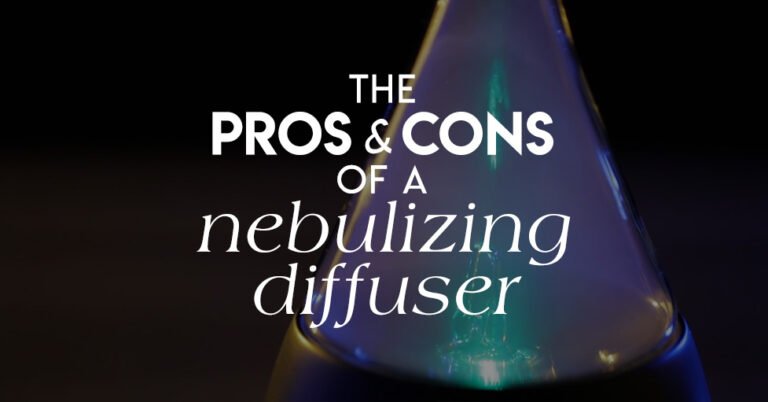5 Essential Oils for Breathing Issues
Essential oils are effective for a variety of different health conditions. Breathing problems are becoming increasingly more common these days, and this is largely due to the deteriorating conditions of our world that affect our air quality.
Increased pollution is leading to more pollutants and contaminants in the air. This means that those of us who are predisposed to respiratory conditions find it more difficult to manage our symptoms and keep the situation from becoming worse.
Essential oils have been shown to provide many therapeutic benefits for people who experience breathing issues. We will go over five of these essential oils below and explain how they can be used to help breathing issues or other respiratory problems you may be experiencing.
Eucalyptus Essential Oil
This is one of the most common essential oils that is used for breathing issues. It is an effective anti-inflammatory which can go a long way in helping to minimize the symptoms one may be experiencing due to bronchitis or any other respiratory condition.
It can also effectively reduce the symptoms associated with breathing issues as well as the severity of those symptoms. It contains powerful antimicrobial properties that help protect the body against bacteria and viruses.
Additionally, eucalyptus oil can also help stimulate the cold receptors we have in our nose which can greatly improve our nasal airflow and help alleviate our breathing problems especially during sickness.
Peppermint Essential Oil
If you are suffering from an asthma attack, breathing in peppermint essential oil can help reduce the symptoms. It has a powerful anti-inflammatory effect on the body and can help smooth our bronchial muscles during an asthma attack. It is also packed full of antimicrobial and antibacterial properties that can help alleviate the symptoms associated with breathing issues or respiratory ailments. It can also help reduce the symptoms commonly associated with a cold.

Ginger Essential Oil
Another essential oil that is commonly used to help treat the symptoms of breathing issues is ginger oil. It can reduce airway constriction to help to make breathing much easier. Even during an asthma attack, ginger oil can help your airway and get your breathing easier.
It is an anti-inflammatory and can also effectively reduce the symptoms associated with the common cold and even the flu. It can be used as both a stimulating oil and calming oil.
Frankincense Essential Oil
This essential oil has been used over the years to treat a variety of ailments and conditions. Mainly those that affect many of the major systems of our body including our respiratory system, the immune system, and our digestive system.
It is more than helpful for treating colds as well because it helps clear the lungs and nasal passages to help with breathing problems like shortness of breath.
In addition, frankincense essential oil can also help regulate breathing and can calm any coughing spasms we may have.
Tea Tree Essential Oil
This is another commonly used essential oil. It acts as an expectorant and can help remove the mucus causing shortness of breath, coughing, and wheezing. It is also effective if you are trying to treat the symptoms of bronchitis.
It has antimicrobial properties that can help defend the body against bacteria and other microbes that can lead to inflammation and immune system problems.
Other Supportive Essential Oils
In addition to the five essential oils above, you may also find great benefits from other essential oils including lemon, lavender, lemongrass, chamomile, and basil. When you place these oils in a nebulizing diffuser, you are inhaling the oils through your nose and mouth, which means they will quickly begin to alleviate any symptoms and breathing issues you may be experiencing.
You can also mix them with a carrier oil and apply them directly to the skin. Coconut oil and argan oil are just two of the more popular carrier oils often used to make topical creams and treatments.
Using Essential Oils
One of the best ways to take advantage of these five essential oils to help with your breathing issues is by using a nebulizing diffuser. With so many diffusers available on the market today, however, it may be challenging to find the one that will work best for your breathing issues.
Some diffusers use heat to disperse the essential oils, but the heat can also change the chemical composition of the oils, which can ultimately counteract the therapeutic advantages they have to offer.
Instead, a nebulizing diffuser is more effective because it does not require the use of heat or water to disperse the essential oils. This means that all the holistic benefits of each essential oil stay intact.
Pin It!




